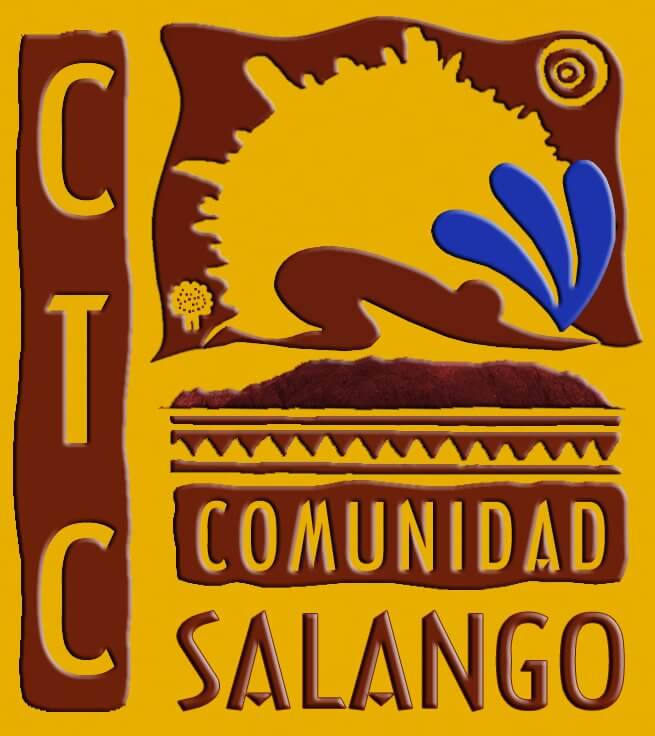FLORIDA ATLANTIC UNIVERSITY
ARCHAEOLOGICAL FIELD PROGRAM IN ECUADOR
June 21, 2025 - August 3, 2025
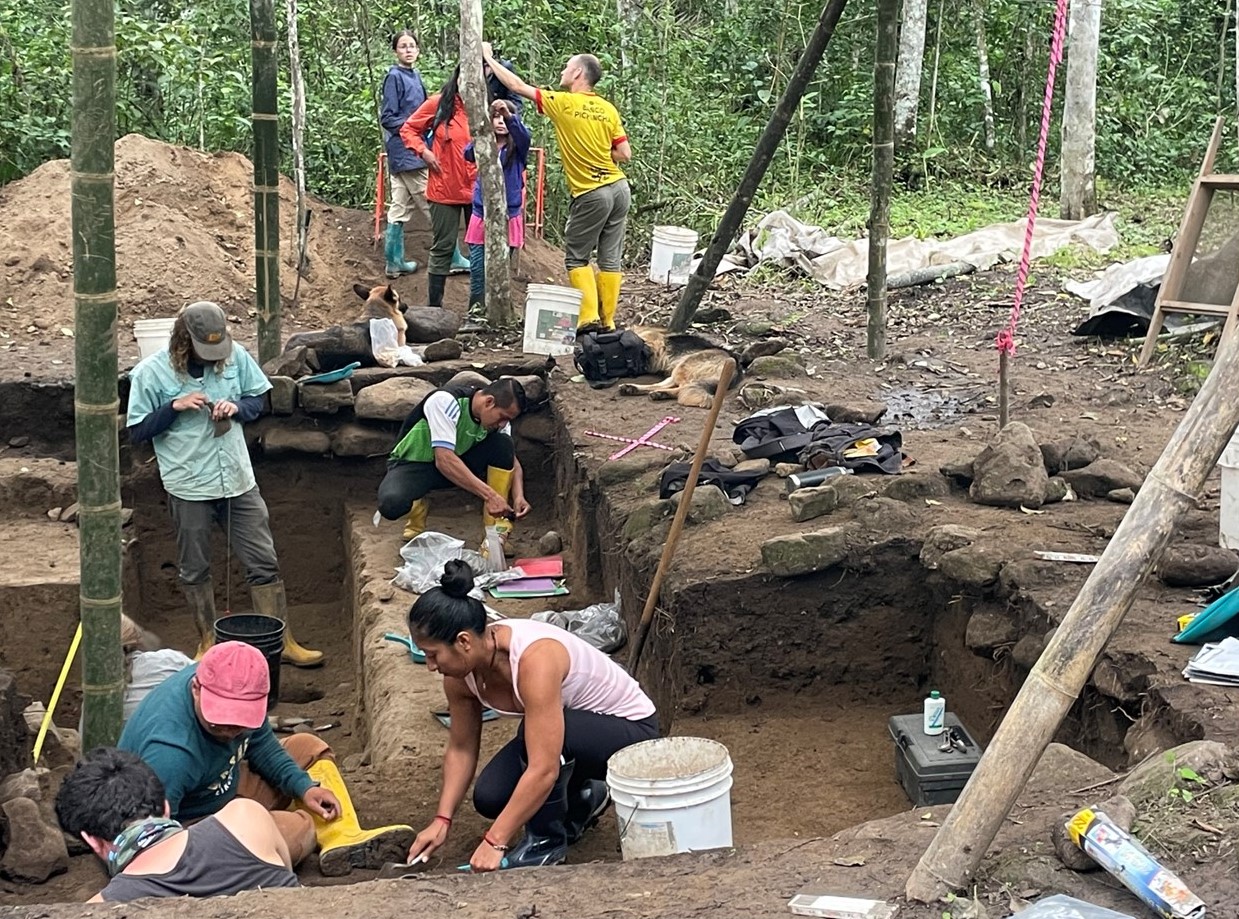
The primary goal of the Florida Atlantic University Department of Anthropology’s Archaeological Field Program is to create field archaeologists.
The academic purpose of the program is to train students in archaeological field and laboratory methods. The program provides comprehensive and intensive training in archaeological field methods and interpretation. Students gain hands-on experience in excavation, survey, data recording, laboratory procedures, and report writing. The instructor-student ratio in the field is 1:5.
The Florida Atlantic University's program incorporates a multinational and multidisciplinary team of investigators. The goal for the program is to reconstruct the prehistory and paleoecology of the southern Manabi province. About 5,000 years ago there were permanent settlements based on a mixed economy (horticulture, fishing, and hunting). Over time, agricultural communities with a significant long distance coastal trade network emerged. By the time of the Spanish arrival, ranked societies with very complex socio-political organizations were in existence (Norton 1986).
Investigations focus on the systematic survey of alluvial valleys and on the excavation of a coastal sites with cultural components from Valdivia (3500 B.C.E.) until the contact period, and with a particular focus on inland site excavations and surveys to unravel the prehistoric interrelationship between coastal and inland groups.
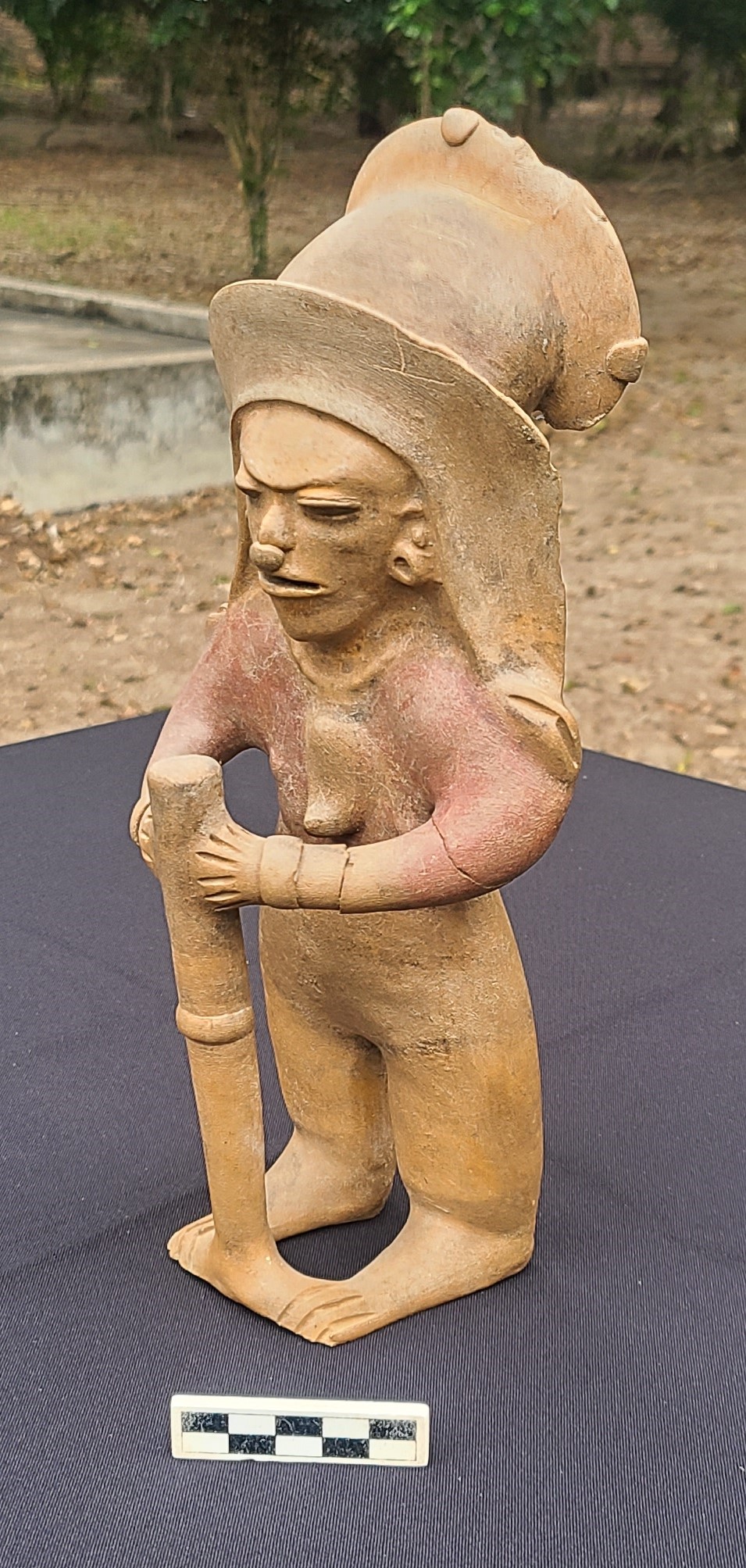
Along with excavation and survey training, there are weekly lectures that focus on the processes and theory of archaeological research and the prehistory of coastal Ecuador. Lectures are given by Field School instructors and guest archaeologists and anthropologists, both local and from abroad.
Since 1997, The Ecuador Field School has trained students from accredited colleges and universities in the United States, South America and Europe, many of whom have gone on to graduate work at the master's and doctoral levels.
The program may be of special interest not only to Anthropology majors but also to Geology, Geography, or Environmental Studies students; the training includes topics related to the dynamics of long-term human use of environments and the creation of landscapes.
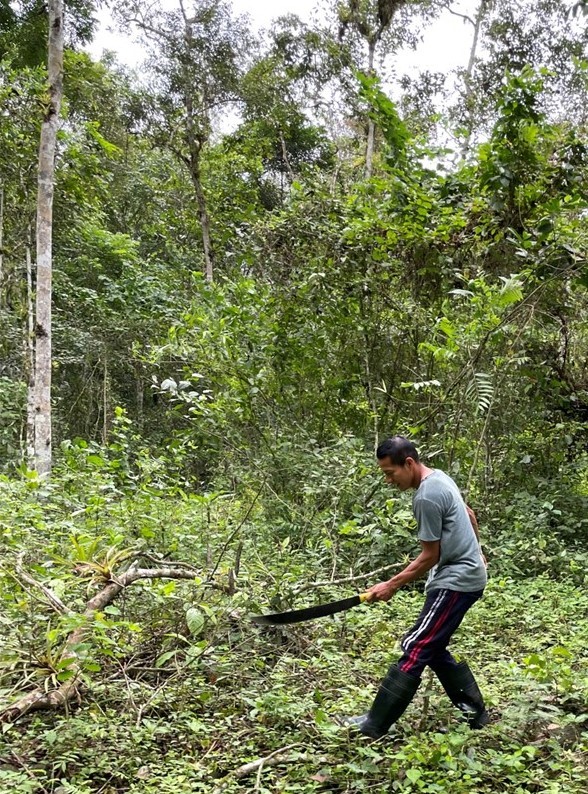
There are several interesting archaeological sites that can be visited by students: Valdivia, San Pedro, Real Alto, Agua Blanca, and Vegas. Other weekends, students can tour coastal Ecuador and the highlands, which offer different areas and activities of interest, such as the Machalilla Tropical Forest Park, surfing, fishing communities that use ancient technologies, and whale watching by boat.
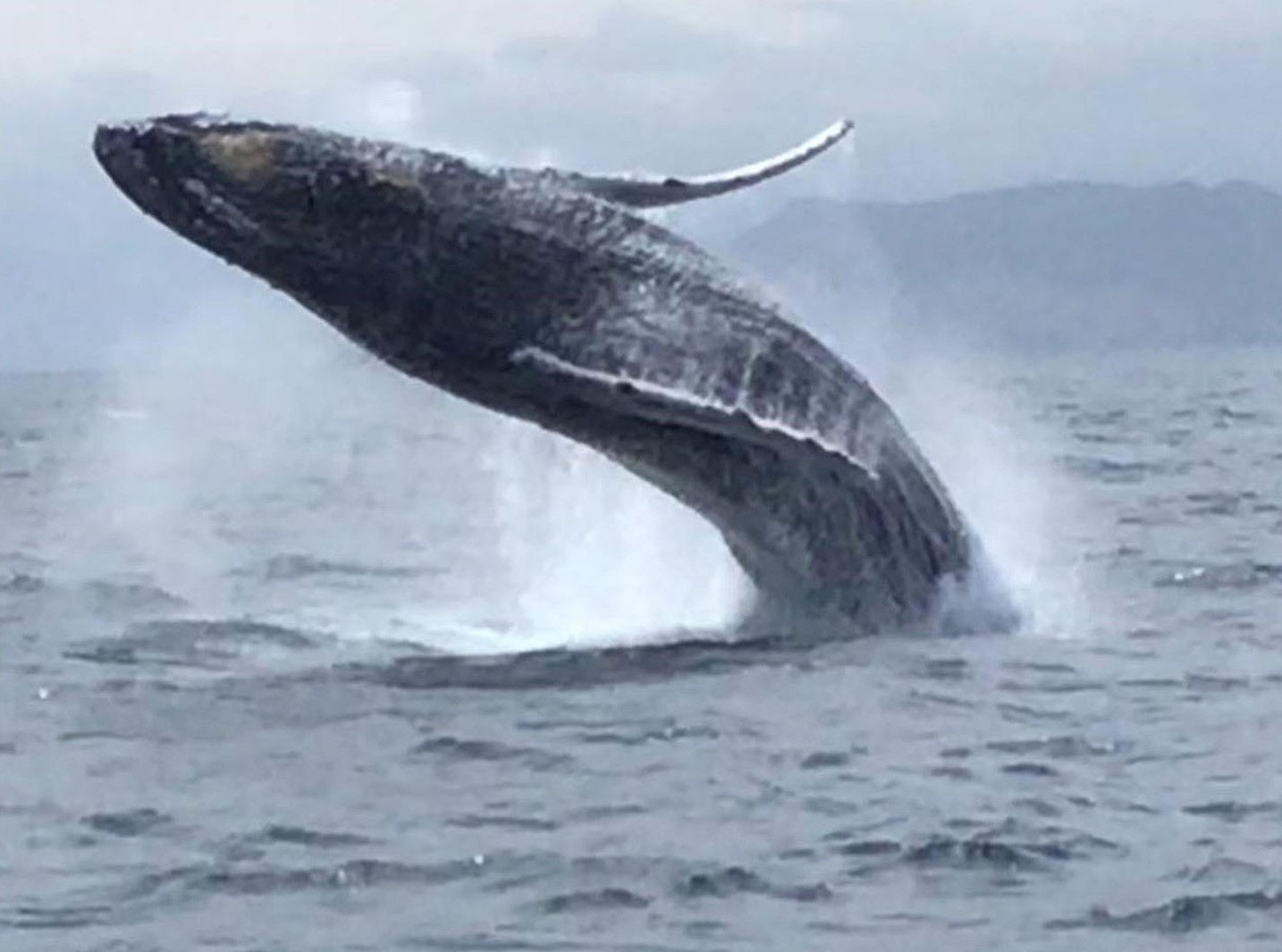
The program can satisfy the research requirements for a BA in Anthropology at Florida Atlantic University. The course is entitled, “Field Methods in Archaeology,” ANT 4824, is offered for 3-6 credit hours. Students from other colleges and universities are welcome to participate in the program as a non-degree student and may have the option to register for 1 audit credit if they do not need the full course credit transferred back to their home institution.
FAU tuition rates still apply.
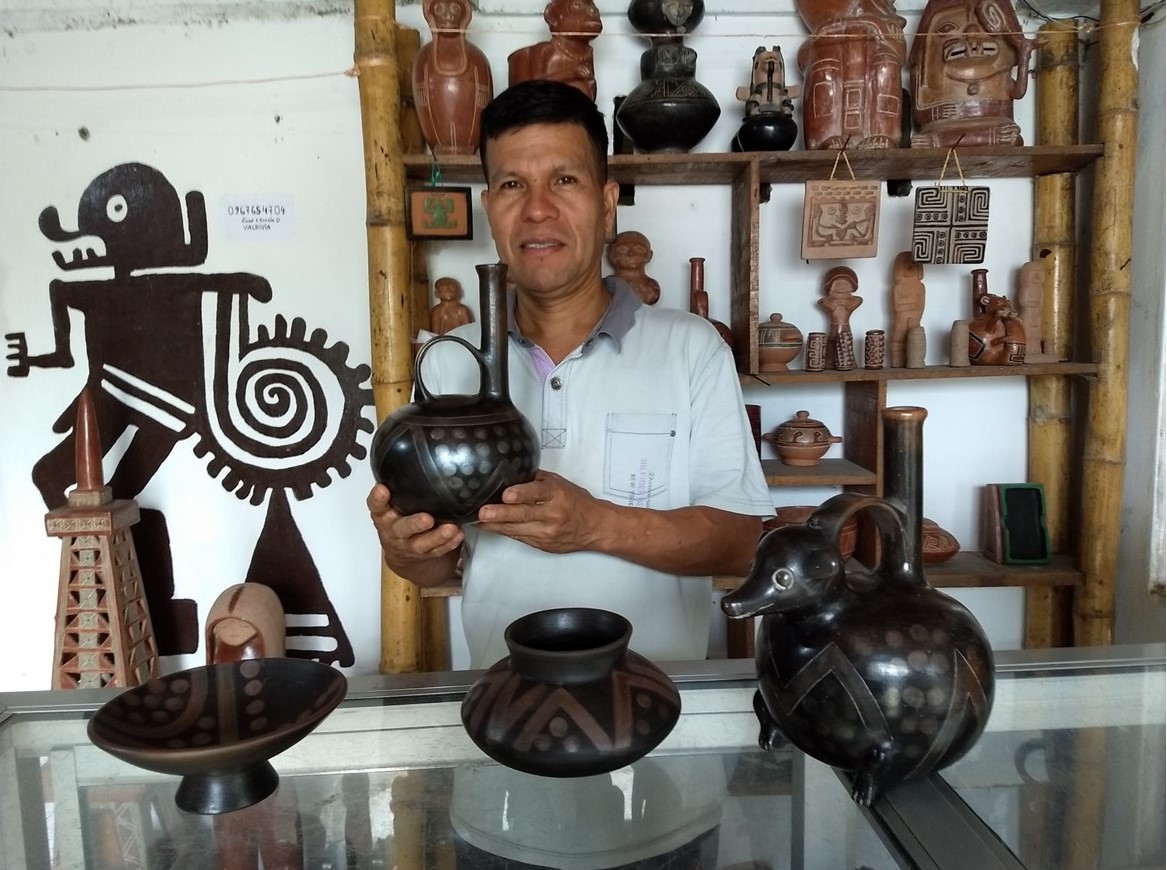
Students live in a research center located in the village of Salango. The village has a few small stores, a church, restaurants and bars. The research center is a walled compound located on the beach. Students are housed in the Center's cabanas.
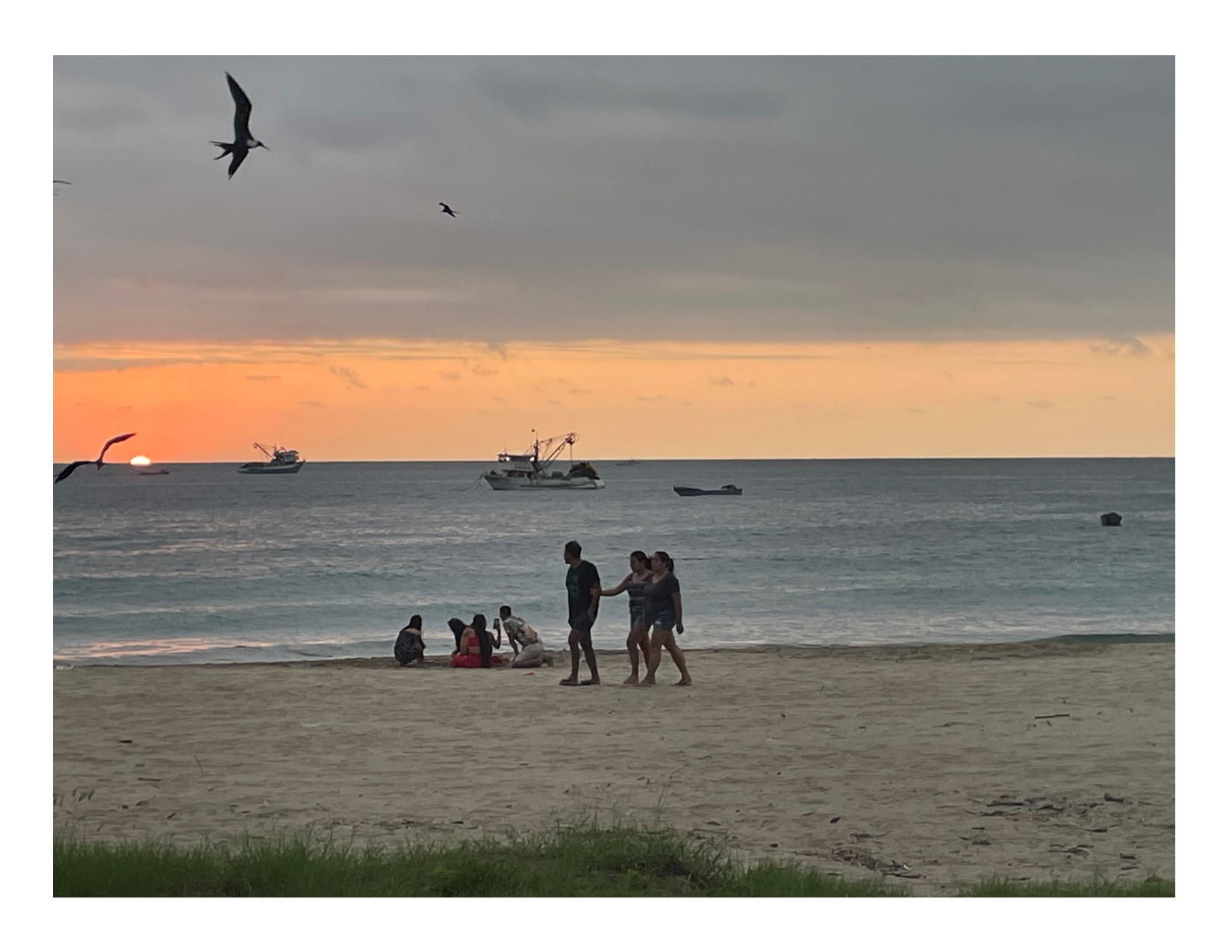
Adjacent to the beach and ten minutes from the Field School’s primary excavation site, The Salango Research Center is the program’s base of operation. It is located in a walled, secure compound and is an excellent site for lodging students, as well as processing and curating archaeological materials. There are computer facilities, a modern kitchen, showers and toilets. Breakfast and dinner are prepared at the Center by project cooks. Students make their own sandwiches for lunch.
The program is a joint effort between Florida Atlantic University’s Department of Anthropology and the following Ecuadorian institutions: the Comuna Salango and the Salango Research Center. Founded by Presley Norton in the 1970s, the Center is currently administered by the indigenous people of the village organized in a communal landholding entity known as the Comuna Salango.
The Salango Research Center houses an archaeological museum that attracts international visitors and is also open to the public. The Center has laboratories and facilities for international researchers and houses one of the most extensive faunal collections in South America
Application Deadlines
The deadline for applications is May 13, 2025. Early applications are encouraged to guarantee a spot in the Field School. Space is limited to 20 students per term. Students will be informed of their acceptance by phone or letter.
Please contact:
Valentina Martinez, Field School Director
Email: vmartine@fau.edu, or Phone 561-297-0991
Dr. Michael Harris, Anthropology Department Chairperson
Email: mharris@fau.edu, or Phone 561- 297-3230
QUESTIONS?
